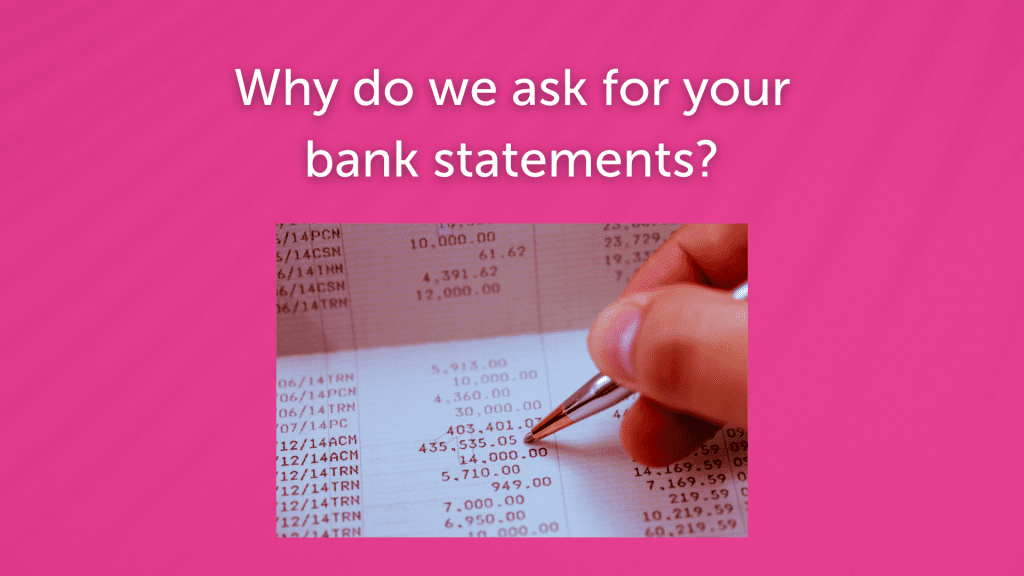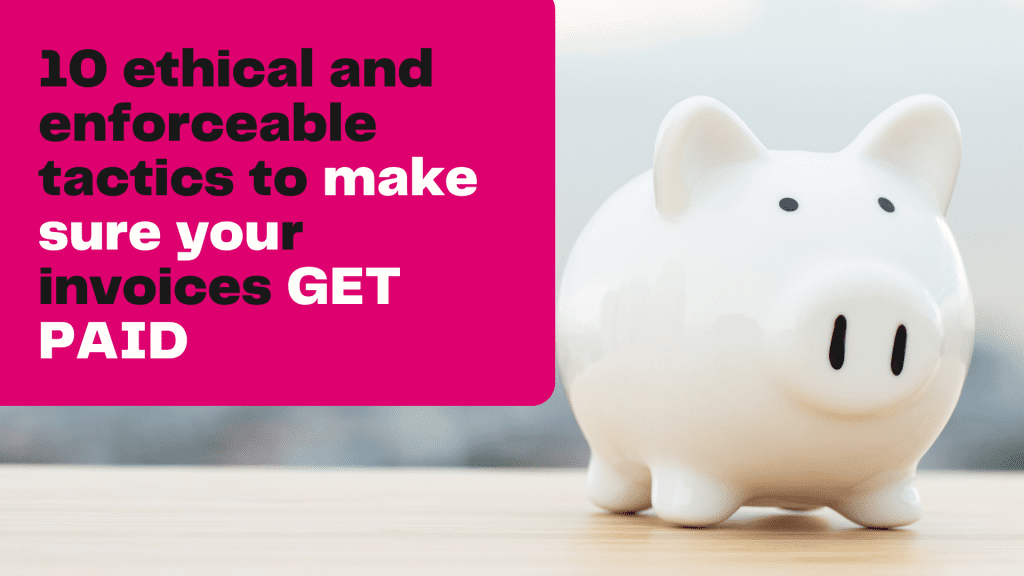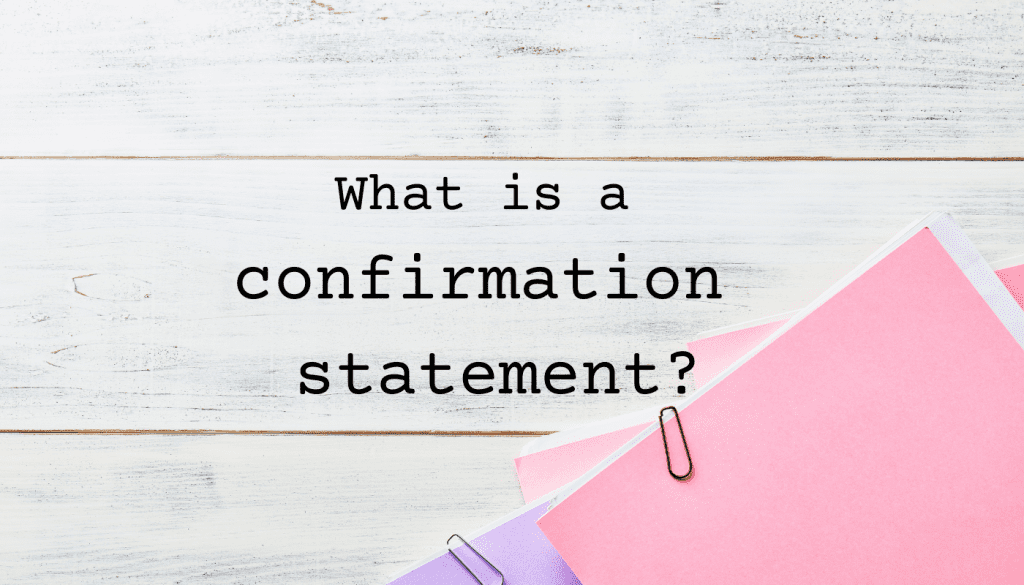
Facing redundancy can be incredibly challenging, but it could also be the perfect time to start a brand new career…

Facing redundancy can be incredibly challenging, but it could also be the perfect time to start a brand new career…

Depending on which service you are on, you will find that you receive requests from members of our team asking…

In today’s competitive business world, it is not uncommon for people to do their own bookkeeping and accounting. There are…

Wouldn’t life be simple if you could guarantee that your invoice would get paid on time every time? Sadly, this…

Have you heard your accountant talking about your confirmation statement and been puzzled by what it is? Are you wondering…

If you want to build your business (not your workload) and you want to spend time on doing the things…

Each year HM Revenue & Customs (HMRC) undertake an enormous number of tax enquiries into individuals and businesses to check…

When asked “What does an accountant do?” many people answer with accounts, tax or compliance work. While that’s true, what…

Your profit margin is how much money you actually get to walk away with after a transaction is complete (revenue…

Would you trust your life to someone who was not a doctor? Would you be defended in court without a…